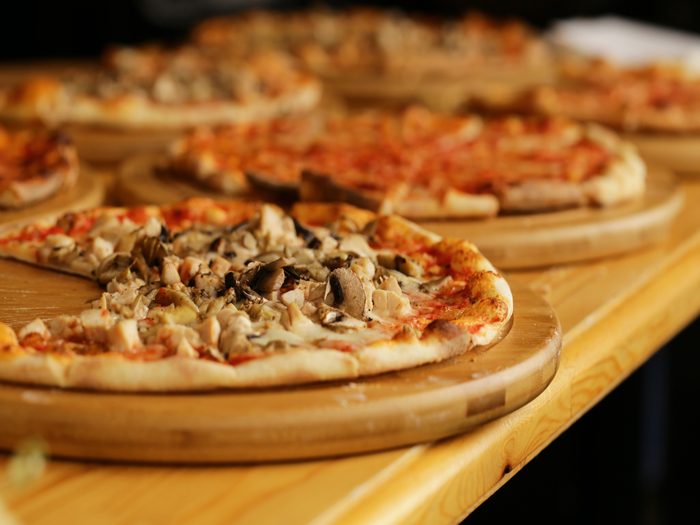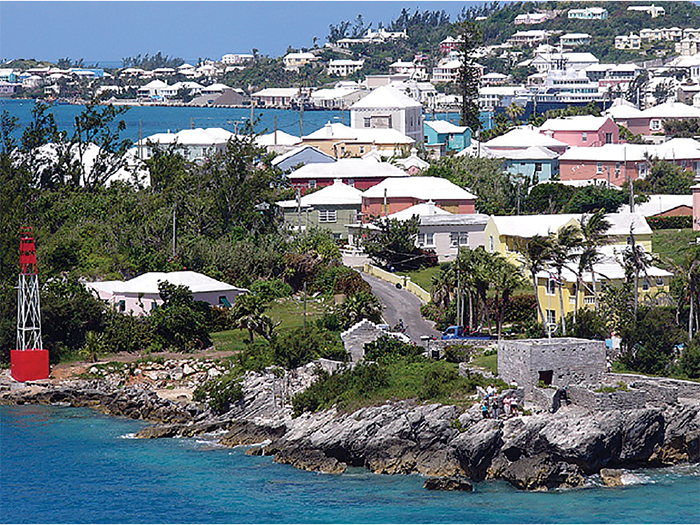Oh Dough They Didn’t! Domino’s Defensive Strategy Against Brexit

Your Domino’s delivery is on its way … but maybe not if you live in the United Kingdom.
British-run stores of the American pizza franchise have been stockpiling goods that may see disruption in their supply chains should the UK pursue a no-deal Brexit this fall.
A vote was held on June 23, 2016 in which 51.9% of British voters supported the United Kingdom’s exit from the European Union. The government then enacted Article 50 of the Treaty on European Union, starting a two-year process that was supposed to conclude with the UK’s official exit in March 2019.
The deadline has now been extended to October 2019, and all eyes are on newly elected British Prime Minister Boris Johnson, who is expected to lead the UK out of the EU without reaching trade agreements.
What Happens Next?
Businesses are now using what’s left of the summer to scramble and stockpile, bracing for what will ultimately disrupt foreign supply chains.
Despite being headquartered in Ann Arbor, Michigan, Domino’s is feeling the true brunt of Brexit from all the way across the pond. According to their corporate website, Domino’s Pizza Inc. is the “UK’s leading pizza brand and a major player in the Republic of Ireland.”
In an earnings statement, Domino’s wrote that Brexit “carries the increased risk of disruption to raw material supplies.”
The company is using the money spent on extra supply orders as a defense strategy against the governmental influence on the economy.
By the Numbers
- 1,100 Domino’s locations exist across the United Kingdom.
- The company has spent over $8.5 million to stockpile and minimize loss due to Brexit.
- The British Department of Health and Social Care suggested to British suppliers that they stockpile six weeks of inventory prior to the October 31 deadline; suppliers are saying that suggestion should be the minimum.
- Over one-third of Domino’s supplies are imported to Britain, including frozen chicken, pineapple and tuna.
Extra Cheese, Please.
While ditching the frozen chicken, pineapple or tuna on your pizza doesn’t seem like the most heartbreaking of sacrifices, that is just the surface-level effects of one company’s struggle.
McDonald’s, Pret a Manger, KFC and thousands of supermarkets have also warned of product shortages and price-hikes if a deal does not come to fruition.
The sudden increase in supply orders has resulted in minimum freezer space throughout the nation, filling up warehouses and chilled storage spaces.
And fast-food chains are not the only companies stockpiling their products.
The Netherlands said in February that 50“critical” drugs were at risk because of Brexit, with vaccines among the drugs most frequently cited as being in short supply already.
Most of these issues have been resolved since, but Dutch officials said that problems could evolve for less common medicines and prescriptions.
Aside from supply chains falling apart, Brexit could hurt London’s credentials as a global financial hub, a status that is already decreasing since the referendum in 2016; a hard exit will take millions of jobs away from the city.
In the meantime, if you’re planning a trip to the UK, leave the frozen foods at home. Domino’s is taking up all the freezer space. &










